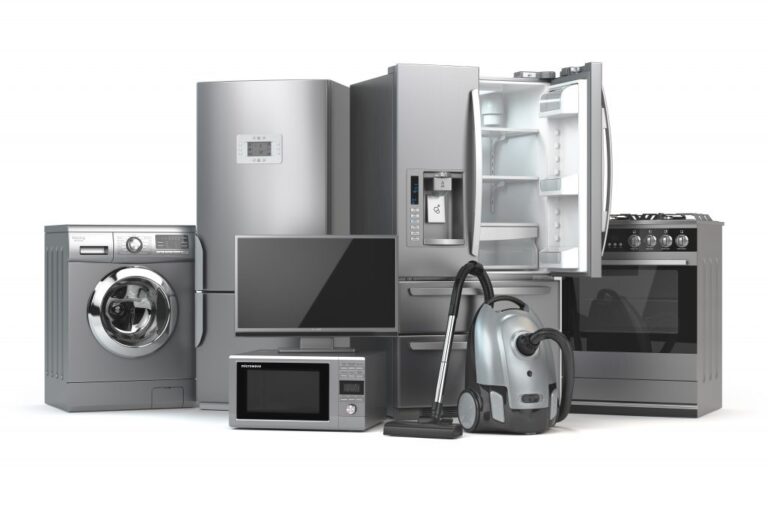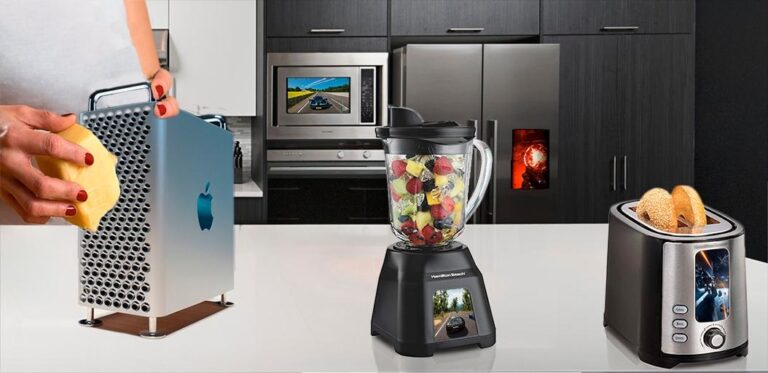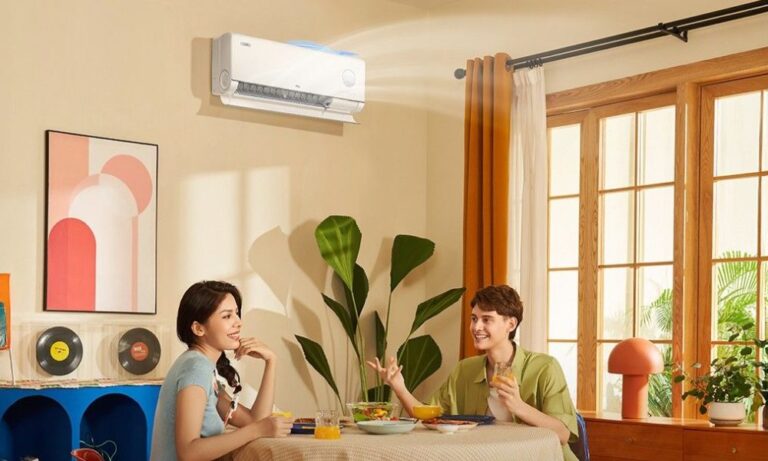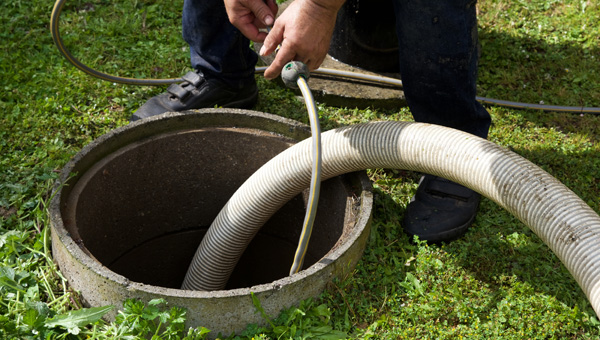In today’s world, where sustainability and cost-effectiveness are key concerns, energy-efficient appliances have become increasingly popular. These appliances not only help users save money on their electricity bills but also contribute to reducing environmental impact. By investing in energy-efficient appliances, individuals can make a significant positive change for both their wallets and the planet.
The Benefits of Energy-Efficient Appliances
Energy-efficient appliances are designed to use less energy while providing the same level of functionality as their traditional counterparts. There are several benefits associated with these appliances:
- Cost Savings: One of the most significant advantages of energy-efficient appliances is the potential for cost savings. By consuming less energy, these appliances can significantly reduce monthly electricity bills. Over time, the savings can be substantial.
- Environmentally Friendly: Energy-efficient appliances have a lower carbon footprint compared to conventional appliances. They consume less electricity, which means fewer greenhouse gas emissions are released into the atmosphere. By using these appliances, individuals can contribute to mitigating climate change.
- Long-Term Investment: While energy-efficient appliances may have a higher upfront cost, they are a worthwhile long-term investment. Their energy-saving features can offset the initial expense over time, resulting in overall cost savings.
- Improved Performance: Energy-efficient appliances are designed to optimize energy consumption without compromising performance. They often come with advanced features and technologies that enhance efficiency and user experience.
- Government Incentives: Many governments offer incentives, such as tax credits or rebates, to encourage the use of energy-efficient appliances. These incentives can further reduce the overall cost of purchasing and installing these appliances.
Choosing Energy-Efficient Appliances
When selecting energy-efficient appliances, there are several factors to consider:
- Energy Star Certification: Look for appliances with the Energy Star certification label. This label indicates that the appliance meets specific energy efficiency standards set by the Environmental Protection Agency (EPA) and the Department of Energy (DOE).
- Energy Efficiency Ratings: Check the appliance’s energy efficiency rating. Look for appliances with higher ratings, as they consume less energy.
- Size and Capacity: Consider the size and capacity of the appliance to ensure it meets your needs without wasting energy.
- Additional Features: Take into account any additional features that may enhance energy efficiency, such as programmable settings, sensors, or energy-saving modes.
- User Reviews: Read user reviews to get insights into the appliance’s performance and energy-saving capabilities.
Examples of Energy-Efficient Appliances
There is a wide range of energy-efficient appliances available on the market today. Some popular examples include:
- Energy-efficient refrigerators and freezers
- Washing machines and dryers with energy-saving features
- Dishwashers with shorter and more efficient cycles
- LED or CFL light bulbs for energy-efficient lighting
- Smart thermostats to optimize heating and cooling
Investing in energy-efficient appliances not only benefits individuals financially but also contributes to a sustainable future. By making conscious choices and selecting appliances with high energy efficiency, we can collectively make a positive impact on both our wallets and the environment.












